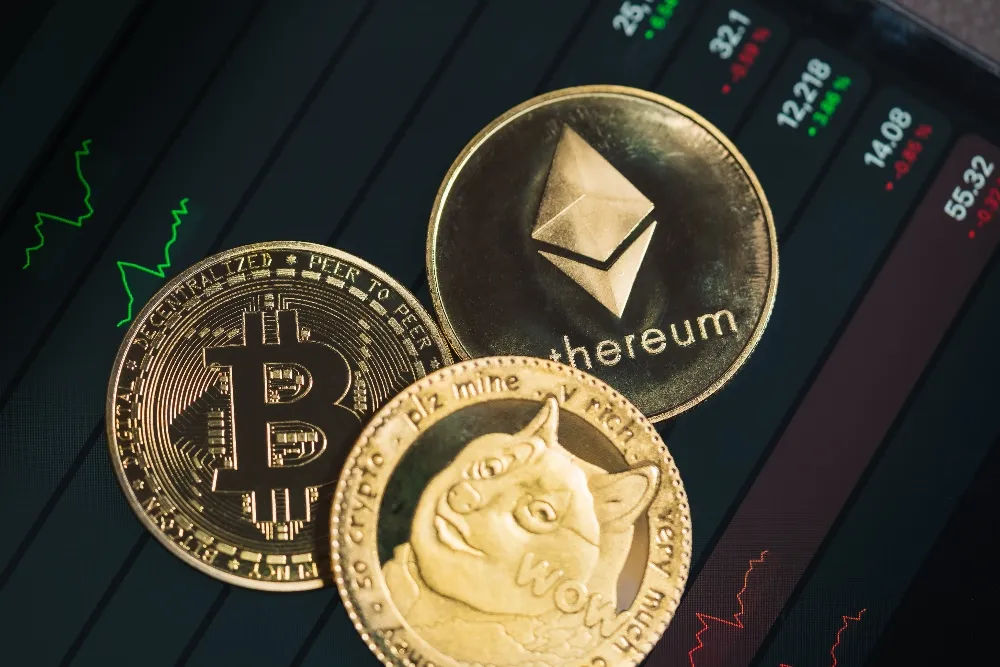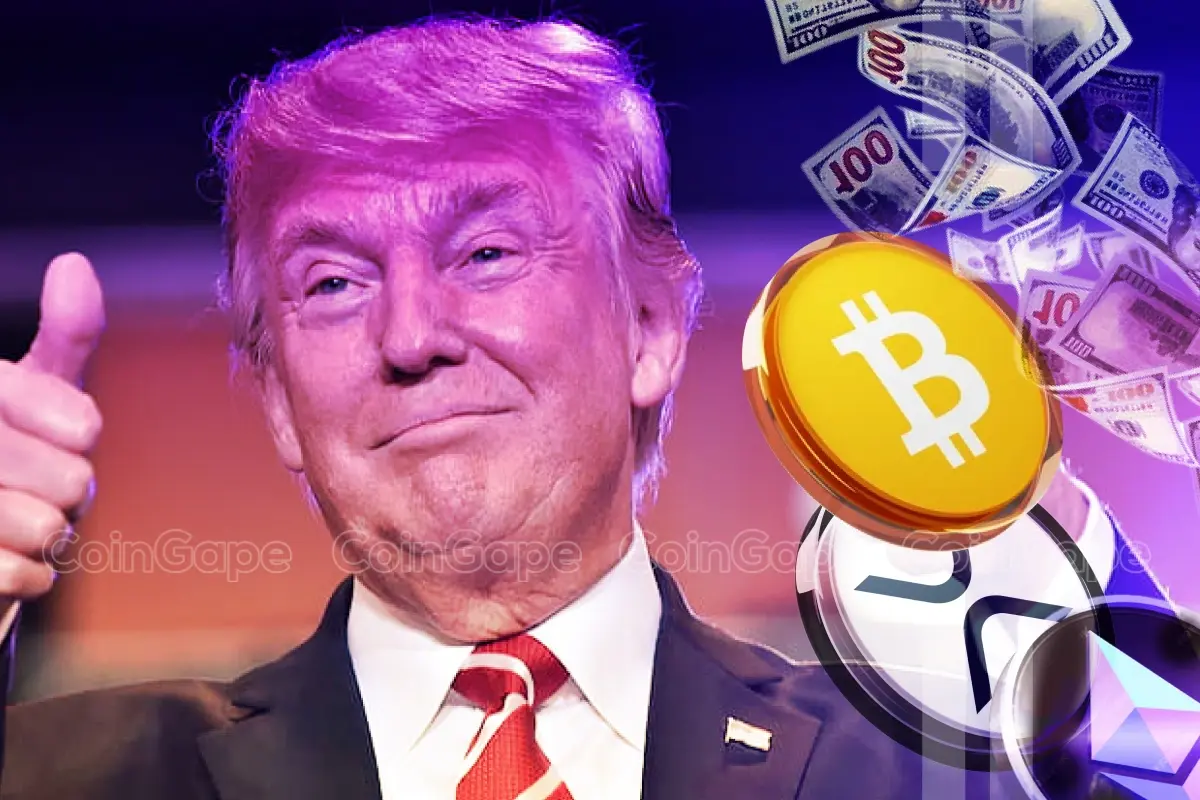The Great Gas Limit Debate in the Ethereum Community
To Raise or Not to Raise: That is the Question
The Ethereum community has been embroiled in a heated debate over whether to increase the gas limit. For those unfamiliar with the inner workings of Ethereum, the gas limit refers to the maximum amount of computational work that can be performed in a single block. In simpler terms, it determines how many transactions can be processed in a given timeframe.
Proponents of raising the gas limit argue that it would lead to lower transaction fees, making the network more accessible to users. Lower fees would also make decentralized applications (dApps) more cost-effective to use, potentially attracting more users and developers to the platform. Additionally, a higher gas limit could increase the overall throughput of the network, allowing it to handle more transactions per second.
On the other hand, detractors are concerned that raising the gas limit too high could lead to network congestion and potential security risks. If the network becomes overloaded with transactions, it could slow down significantly, making it difficult for users to interact with dApps and execute transactions in a timely manner. There are also worries that increasing the gas limit could make the network more vulnerable to attacks, as bad actors could exploit the increased capacity to overwhelm the system.
So, where does the truth lie in this ongoing debate? It’s difficult to say for certain, as there are valid arguments on both sides of the issue. Ultimately, the decision to raise the gas limit will depend on a variety of factors, including network capacity, user demand, and developer consensus.
As the Ethereum community continues to grapple with this complex issue, it’s clear that finding the right balance between scalability and security will be crucial for the long-term success of the platform. Whether the gas limit is ultimately raised or not, one thing is certain: the future of Ethereum will be shaped by the decisions made today.
How This Will Affect Me
If the gas limit is raised, you can expect to see lower transaction fees and potentially faster confirmation times for your Ethereum transactions. This could make using dApps and interacting with the Ethereum network more affordable and efficient for everyday users like yourself.
How This Will Affect the World
A change in the gas limit could have far-reaching implications for the world of blockchain technology and decentralized finance. It could impact the scalability and security of the Ethereum network, influencing the adoption of blockchain technology on a global scale. The decisions made by the Ethereum community today could shape the future of finance and technology for years to come.
Conclusion
In conclusion, the debate over the gas limit in the Ethereum community is a complex and multifaceted issue. There are valid arguments on both sides of the debate, and the ultimate decision will have far-reaching implications for users, developers, and the future of blockchain technology. As the community continues to weigh the pros and cons of raising the gas limit, one thing is certain: the fate of Ethereum hangs in the balance.





